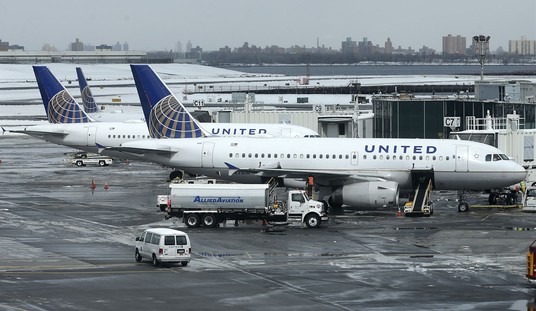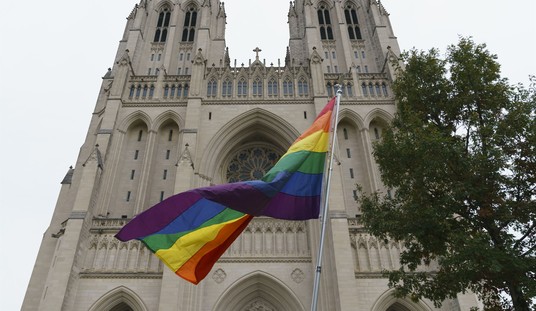On Tuesday, the House will be voting on a banal and non-controversial omnibus land use bill, H.R. 2578. Honestly, there are much bigger fish to fry, especially as the Senate begins to tackle the $1 trillion farm bill along with over 70 amendments. However, there is one provision in this bill that is worth highlighting, as it exemplifies the culture of quid-pro-quo parochial handouts that are endemic of Washington deal making.
The omnibus package of 14 bills includes different laws that deal with rules and regulations relating to usage of federal lands. For example, the package includes a bill, sponsored by Cong. Heath Schuler (D-NC) that opens up land to the use of firearms and archery equipment. Another bill, sponsored by Cong. Rob Bishop (R-UT), contains language that blocks the Secretaries of Agriculture and Interior from preventing border patrol agents from pursuing drug cartels in national forests due to cumbersome environmental laws.
Most of these bills are just a few pages long and have a universal application. Yet, one bill, H.R. 1408, the Southeast Alaska Native Land Entitlement Finalization and Jobs Protection Act, is a 45-page carve out to a corporation that gave $1.9 million towards Lisa Murkowski’s write-in bid against Republican nominee, Joe Miller, in 2012. The House sponsor is, of course, Cong. Don Young.
Independent journalist, S.E. Robinson, wrote a very informative piece for The Blaze uncovering all the details of the earmark and its relation to Senator Murkowski. Here are some of the key takeaways:
Sen. Lisa A. Murkowski (R-Alaska) and Rep. Donald E. Young (R-Alaska) are the ringleaders behind legislation (S.730 & H.R.1408) that would allow Sealaska Corporation of Juneau to clear-cut the Tongass National Forest. […]
Sealaska led the charge behind Alaskans Standing Together, the super PAC that propelled Murkowski from GOP-primary-loser to write-in-winner and Republican Senator in 38 days by spending $1.7 million on a pro-Murkowski ad campaign. […]
Sealaska is one of 12 regional corporations Congress created through the Alaskan Native Land Claims Settlement Act of 1971 oversee the distribution to the native population of roughly $1 billion in federal funds and 44 million acres of land.
The largest non-federal landholder in Southeast Alaska, Sealaska stands to gain an additional 123-33 square miles of territory, depending on how House Republicans feel about another wilderness omnibus debacle.
Again, the underlying bill is not necessarily so controversial. Nonetheless, whether this meets the technical definition of an earmark or not, it represents the worst elements of the process that should be banned from the halls of Congress.
Cross-posted from The Madison Project














Join the conversation as a VIP Member